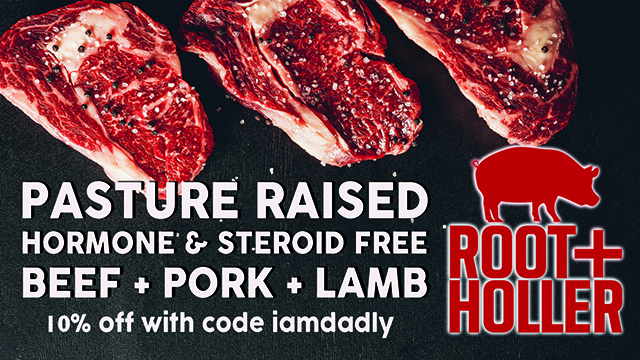
This Monday sees the continuation of our Dadly Daily Declaration series with readings from The Passion Paradox by authors Brad Stulberg and Steve Magness. This new tome from Stulberg and Madness aims to demystify passion and show readers how they can find and cultivate their passion, sustainably harness its power, and avoid its dangers.
Here are a few gems from today’s reading:
- Passion and addiction are close cousins.
- Throwing ourselves wholly into a passion shrinks our world, overshadowing whatever inner struggles we may be facing and making us feel comfortable and in control. Our obsessions become a refuge. Places where we can fill the voids created by other insufficiencies in our lives. A chance to flee from the chaos and quiet the noise.
- Passion has not only biological roots, but psychological ones, too.
- The subjective feeling of struggle or “trauma” can be channeled into productive passions.
- Passionate pursuits often become psychological refuges, allowing you to hide from areas of your life that may be lacking: this can be both productive (keeps you from turning to destructive behaviors) and at the same time damaging (keeps you from confronting underlying issues).
- The same fundamental biology and psychology that give rise to passion also give rise to addiction; that’s why it is so important to proactively channel these drives in yourself and those you nurture.
- When we throw ourselves into an obsession, we attack deep-seated insecurities, fill voids from our past, and escape from things we may not want to face in our present.

Today’s Dadly Daily Declaration is this:
The behaviors society condemns versus the behaviors society celebrates are often driven by many of the same underlying factors. And those same underlying factors that can lead to life-giving passions can easily go haywire and contribute to life-sapping addictions and even illnesses. Individuals we praise for passion—who go on to experience huge successes—are often those who have a found a way to turn what could be seen as biological and psychological weaknesses into strengths, to control and harness these forces for good.





